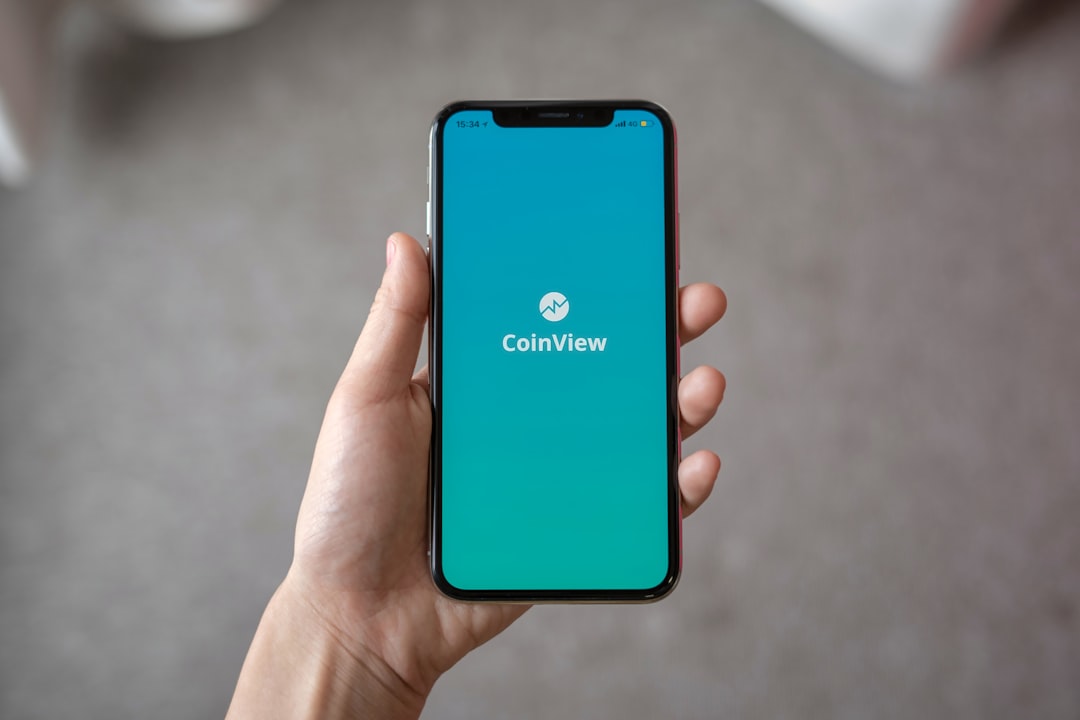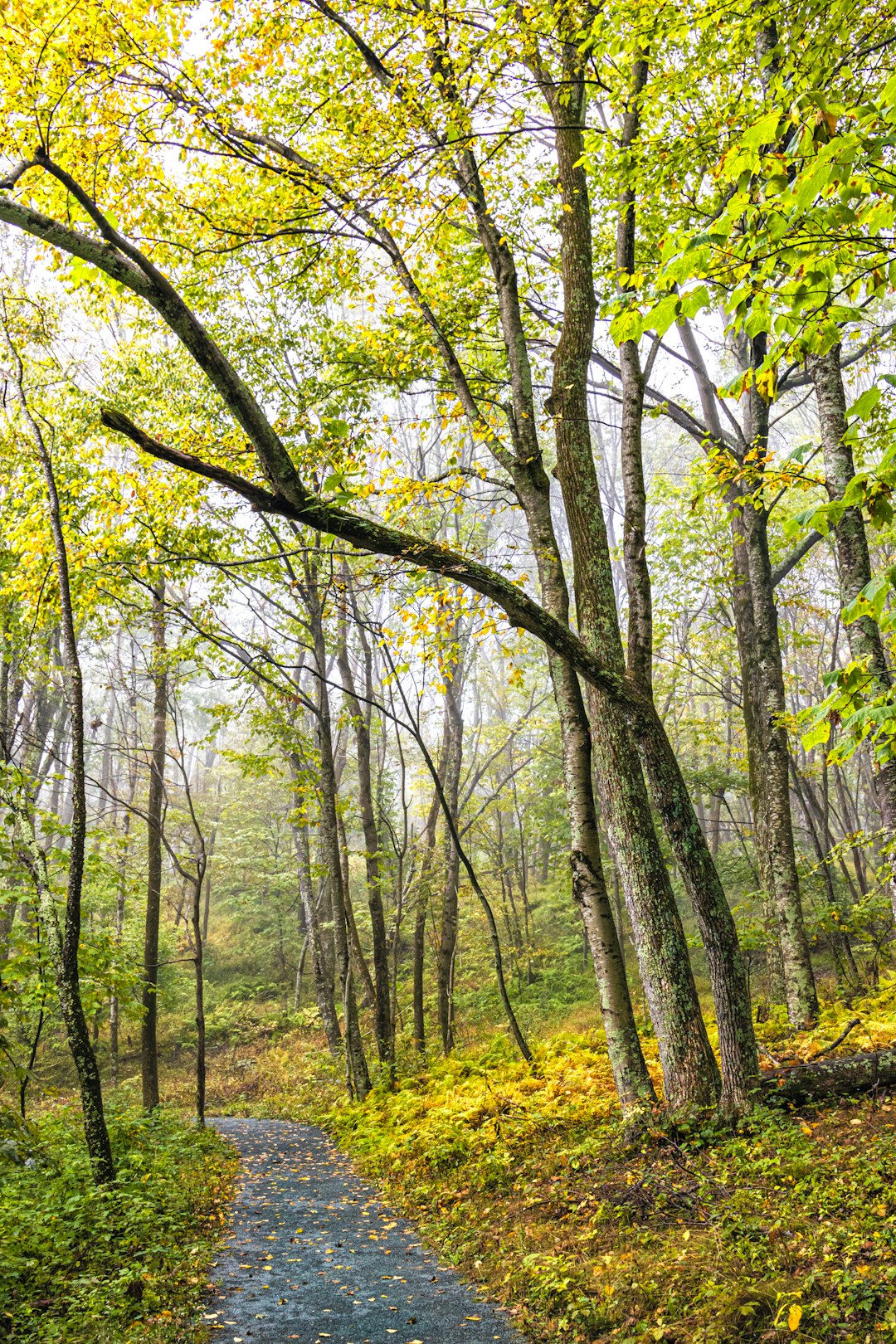In the digital age, robocalls are a common problem, but Virginians have legal protection through the Telephone Consumer Protection Act (TCPA). This law prohibits automated marketing calls without consent. If you've received unwanted robocalls, document them and consider taking legal action for damages of up to $500 per violation. Virginia's Woodstock Seven Bends State Park offers a peaceful escape from this nuisance, contrasting with the constant bother of robocalls. Understanding your TCPA rights is crucial; consult a specialist for guidance on suing for robocalls in Virginia and holding culprits accountable.
Woodstock Seven Bends State Park, a haven for nature enthusiasts in Virginia, offers serene beauty and tranquility—a stark contrast to the disturbing trend of robocalls plaguing residents. With consumer protection laws in place, understanding your rights against unwanted telephone calls is crucial. If you’re affected by ‘bogus buzzers’, know that taking legal action is an option. This guide explores how Virginia residents can combat robocalls and whether suing for robocalls is feasible, providing a clear path forward.
Understanding Robocalls and Consumer Protection Laws in Virginia

In the digital age, robocalls have become a ubiquitous and often pesky aspect of daily life. These automated phone calls, often used for marketing purposes, can be intrusive and misleading. Virginia, like many states, has implemented consumer protection laws to combat this issue. The Telephone Consumer Protection Act (TCPA) prohibits automated calling systems from contacting individuals without their prior consent, especially for telemarketing purposes.
If you’ve received unwanted robocalls, you may wonder if you have legal recourse. In Virginia, the Can I Sue For Robocalls scenario is indeed a possibility. Consumers can take action against companies or organizations violating TCPA regulations by filing a lawsuit. The law allows for individual damages of up to $500 per violation, with treble damages if willful or negligent. Understanding your rights under these consumer protection laws is the first step in standing up against pesky robocalls and holding offending parties accountable.
Woodstock Seven Bends State Park: A Haven for Nature Lovers

Woodstock Seven Bends State Park is a nature lover’s paradise, offering a serene escape from the bustling city life. Located in Virginia, this stunning park boasts seven unique bends along the pristine James River, providing breathtaking views and diverse outdoor experiences. The park’s gentle trails meander through lush forests, inviting visitors to immerse themselves in the tranquil surroundings. Nature enthusiasts can expect to spot various wildlife species, including birds, deer, and even rare plants, making it a haven for those seeking a peaceful retreat.
With its picturesque setting and abundant natural resources, Woodstock Seven Bends State Park becomes a challenging yet rewarding destination for outdoor adventurers. Unlike the persistent nuisance of unwanted robocalls, which can leave you wondering can I sue for robocalls Virginia?, this park offers a refreshing break from technological intrusions, allowing visitors to reconnect with nature and discover its beauty without distraction.
The Impact of Unwanted Telephone Calls on Mental Health

Navigating Legal Options Against Bogus Buzzers

Navigating Legal Options Against Bogus Buzzers
In Virginia, like many states, robocalls have become a significant nuisance, with “bogus buzzers” frequently invading personal and business phone lines. If these unwanted automated calls disrupt your peace or violate your privacy, you may wonder if legal action is an option. The good news is that there are indeed legal avenues to explore if you’ve been affected by these intrusive robocalls.
The Telephone Consumer Protection Act (TCPA) is a federal law designed to curb excessive and unwanted phone marketing calls, including robocalls. It provides individuals with the right to sue for damages if their privacy is invaded due to automated or prerecorded calls. If you can demonstrate that these calls were placed without your prior consent, you could be eligible for compensation. Consulting with a legal professional experienced in TCPA litigation, especially regarding Can I Sue For Robocalls Virginia, can help determine the best course of action and potentially hold bogus buzzers accountable.
Can You Take Legal Action: A Step-by-Step Guide for Virginia Residents

In Virginia, dealing with unwanted or fraudulent robocalls can be frustrating but knowing your legal rights and options is crucial. If you believe you’ve been a victim of illegal robocalling practices, taking legal action might seem daunting, but it doesn’t have to be. Here’s a simplified step-by-step guide tailored for Virginia residents:
1. Document Everything: Keep a log of all suspicious calls, noting the caller ID, timestamps, and any recorded messages. This evidence can strengthen your case.
2. Understand Virginia Law: Familiarize yourself with Virginia’s laws against telemarketing fraud and abusive phone practices. The Virginia Code § 59.1-178 et seq. outlines consumer protections, including restrictions on automated calls without prior consent.
3. File a Complaint: Reach out to the Federal Trade Commission (FTC) or the Virginia Attorney General’s Office to file a complaint. Both entities actively investigate and prosecute robocall fraud. The FTC offers an online complaint form, while the Virginia AG’s office can guide you through the process.
4. Contact Your Service Provider: Inform your telephone service provider about the issue. They may be able to block future calls from specific numbers or offer tools to filter out robocalls.
5. Seek Legal Advice: If your case seems severe or unique, consider consulting a consumer rights attorney in Virginia. They can provide tailored advice and, if warranted, represent you in legal proceedings against the culprits.
6. Take Action Through Class Actions: In some cases, class-action lawsuits are initiated against companies engaging in widespread robocall fraud. Check for existing or potential class actions involving similar issues to see if you qualify to participate or receive compensation.






